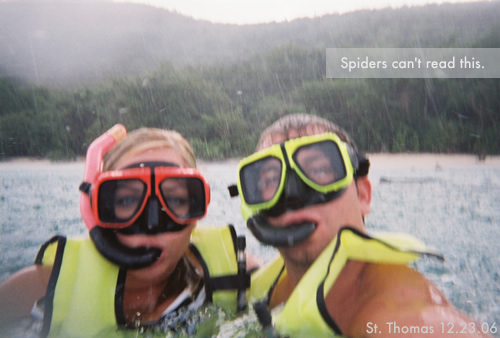What up Rockstars!? I took a few days off with my Rockstar SEO Series so just in case you missed it, my last post was an Intro to Universal Search. Be sure to check that out first if you’re unfamiliar with Universal Search.
As I’m sure most of you already know, it’s ridiculously competitive within the search engines. There are plenty of verticals that almost seem impossible to show up on the first page for certain keywords. Well now with universal search, there are a few ways to gain some competitive advantage. Image search is still relatively under-utilized. So… by utilizing image searches you can now get a piece of that massive traffic.
Getting down to the Nitty Gritty
Today I’m going to show you the “recommended” ways to optimize your images for image search.
Ready. Set. Go!
Essentially, all the search engines are looking for are a few references about the image on your site. They can define your image based off your use of proper XHTML attributes.
Let me explain.
- Description — The search engines put a big emphasis on the
altattribute. Be sure to give your image a useful description rather then stuffing it full of keywords. - Where is the image located? A
srcattribute or the URL of the image. (e.g. image-file-name.jpg) - What’s the size of the image? It needs the
width&heightof the image specified in pixels. (e.g. 250 x 250) - Mouse Hover All of your images need to have a
titleattribute. As users roll over the image with their mouse, they’ll see the title of the image “pop-up”.
TIP: Whenever you name an image file always be sure to use hyphens. NEVER use underscores.
Good Example: this-is-my-image.jpg
Bad Example: this_is_my_image.jpg
Now I know what they want, now how do I optimize for it?
Ok cool, so you know what the spiders are looking for. Let’s look at a few examples to show you how to do it.
Just like we talked about creating content the search engines love, the spiders are also pretty particular with how they scan images. First of all, search engines can’t read text inside images. If you want search engines to understand your content, keep it in regular HTML.
Rather than the spiders reading the embedded text on the image above, they use the image file name. The file name is where the image is located. For all you WordPress users out there, after you upload an image you can click on “File URL” and that will show you where your image is located. Be sure you’ve used hyphens and described it appropriately.
The image src attribute
https://www.jrfarr.com/wp-content/uploads/2009/07/snorkeling-trip-st-thomas.jpg
Which is much more descriptive than DSC00856.jpg
The alt attribute
This describes the contents of the image file. It is the KEY attribute for the spiders.
- Search engines use this information to determine the best image to return for a the given search query.
- If for some reason the file doesn’t load it will show that text to the user. So rather then it saying “DSC00856.jpg” it displays your
altattribute.
Stay away from “Keyword Stuffing” the alt attribute:
<img src="snorkeling-trip-st-thomas.jpg" alt="snorkeling ocean scuba diving fish goggles with snorkel virgin islands snorkeling ocean scuba snorkeling"/>
The End Result – “Best Practice”
<img src="https://www.jrfarr.com/wp-content/uploads/2009/07/snorkeling-trip-st-thomas.jpg" title="Honeymoon Snorkeling Trip in St. Thomas" alt="Honeymoon Snorkeling Trip in St. Thomas" width="500" height="338" /></a>
That’s a wrap.
Well… if you really read through this you should be ready to rock and/or roll. Start taking advantage of this right away and test this out in different niche’s and see what results you get.
Often times people complain about the quality of traffic received from image search. Of course this isn’t paid search so yeah the quality is down but here’s my advice. Try doing some CPM advertising or throw up some Adsense and see how you do. You may be surprised!
I’m guessing you guys are liking this Rockstar SEO Series because I’m getting more & more followers and subscribers. Thanks! Follow JR Farr on Twitter or Subscribe to my RSS Feed so you don’t miss a post!
Previously in the Rockstar SEO Series
Intro to Universal Search

